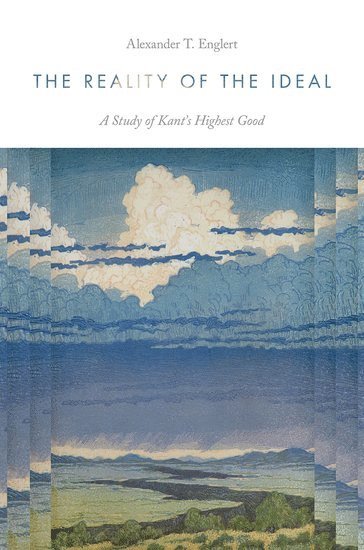Kommande

1169:-
Immanuel Kant claimed that when we act on the moral law, we engage in a collective project to bring about a world that we can only grasp in reason. The resulting image of an ideal world, Kant called, the "highest good." Since Kant's time, this ideal has challenged philosophical interpretation. What, after all, is its use, if (as Kant thought) the moral law is sufficient to determine how we should act? What is the highest good actually good for in everyday life? In contrast to standard readings, which see the highest good's main importance related to action, The Reality of the Ideal presents a fresh perspective according to which the highest good's primary importance is for certain moments of contemplation, both local and global in scope. Englert posits that on one hand, it is important locally as a point of comparison that enables us to judge moral progress or degrees of morality (and its opposite) in experience. On the other hand, it becomes important globally as a point of reference in relation to which we can construct a harmonious worldview. In both instances, it ultimately serves as a perfect point of comparison for an imperfect world. These contemplative moments, in sum, show that the highest good is an ineliminable feature of experience, anchoring a deep sense of meaning of how the whole of experience might fit together coherently. Out of this analysis, it becomes clear that while not existing in a standard sense, the ideal is anything but a fiction.
- Format: Inbunden
- ISBN: 9780197785997
- Språk: Engelska
- Antal sidor: 344
- Utgivningsdatum: 2025-09-04
- Förlag: Oxford University Press Inc

